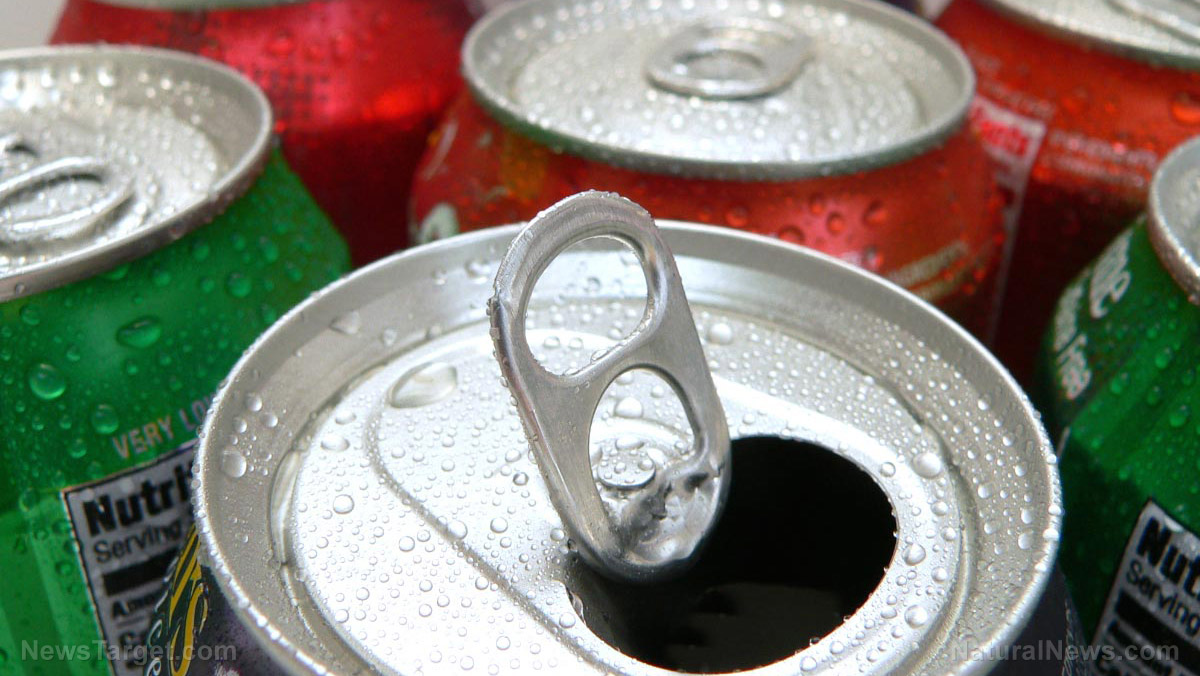9/28/2021 – Here’s one good reason to ditch sugary drinks: They can put you at risk of heart disease.
This is according to researchers from Boston, who found that older adults may be more prone to elevated blood levels of total cholesterol and other lipids (fats) if they drink sugary beverages daily. High blood levels of cholesterol and lipids have been associated with heart disease and its related complications.
The researchers arrived at this finding after looking at data from two groups of participants from the Framingham Offspring Study.
Sugary drinks linked to low “good” cholesterol levels
The researchers first analyzed data from the first group, which included over 3,000 participants in their 50s, 60s and 70s. These participants had joined the Framingham Offspring Study between 1991 and 2014. The researchers had access to their blood lipid levels, which were measured at baseline and again every four years over 12 years.
The researchers were also able to estimate the participants’ intake of different beverages using information gathered through surveys. When they analyzed the data, they found that those who drank one sugary drink per day had a 98 percent higher incidence of low high-density lipoprotein (HDL) cholesterol than those who rarely drank sugary beverages.
HDL or “good” cholesterol removes excess low-density lipoprotein (LDL) or “bad” cholesterol in the blood and carries it back to the liver, which then flushes it from the body. This mechanism is important because LDL or “bad” cholesterol can build up in the walls of your arteries, making them hard and raising your blood pressure. High blood pressure forces your heart to work harder and decreases blood flow to and from the heart.
Participants who drank sugary beverages every day also had a 53 percent higher incidence of high triglycerides. Triglycerides, the main form of fat in the body, are used by the body for energy. However, very high levels of triglycerides can put you at risk of many health problems, including heart disease and fatty liver disease.
These findings remained consistent when the researchers looked at data from the second group of participants, which included over 3,500 participants in their 40s who joined the Framingham Offspring Study between 2002 and 2011.
In this group, those who regularly drank sugary beverages also had low HDL cholesterol and high triglycerides.
Given their findings, it’s clear to the researchers that sugary drinks should be avoided for optimal health in the long run. They advised against replacing plain water with sugary drinks, such as sodas and processed juices. Even naturally sweet drinks, like pure fruit juice, should be consumed in moderation and as part of a well-balanced diet, according to the researchers.
Healthy substitutes for sugary drinks
If you’re a sucker for sugary drinks, don’t fret. There are lots of healthy and naturally sweet drinks you can add to your diet. Here are some good options:
- Fruit-infused water– Satisfy your sweet tooth the healthy way by adding fresh fruit slices to a glass of water. This is a great way to add flavor without adding sugar. Alternatively, try chopping up fruits and put them in an ice cube tray. Add water and freeze. Put them in your beverage for flavor and color.
- Green tea– Green tea is packed with antioxidants that protect healthy cells from damage. Try it hot, iced or naturally sweetened with raw honey.
- Pure fruit and vegetable juice– Juice whole fruits and vegetables for a healthy and refreshing drink.
- Kombucha– If you’re after the fizzy quality of soda, try kombucha. This naturally fizzy, sweet and sour drink is essentially fermented tea. It’s also loaded with gut-friendly probiotics.
- Coconut water– Unsweetened coconut water is full of vitamins and minerals. Some of those minerals, such as potassium, magnesium and sodium, also work as electrolytes to maintain fluid balance.
Sugary drinks can put you at risk of heart disease and its complications. Therefore, you’re better off sticking to water and other healthy beverages, such as tea, pure fruit or vegetable juice, coconut water and kombucha.
Sources:



